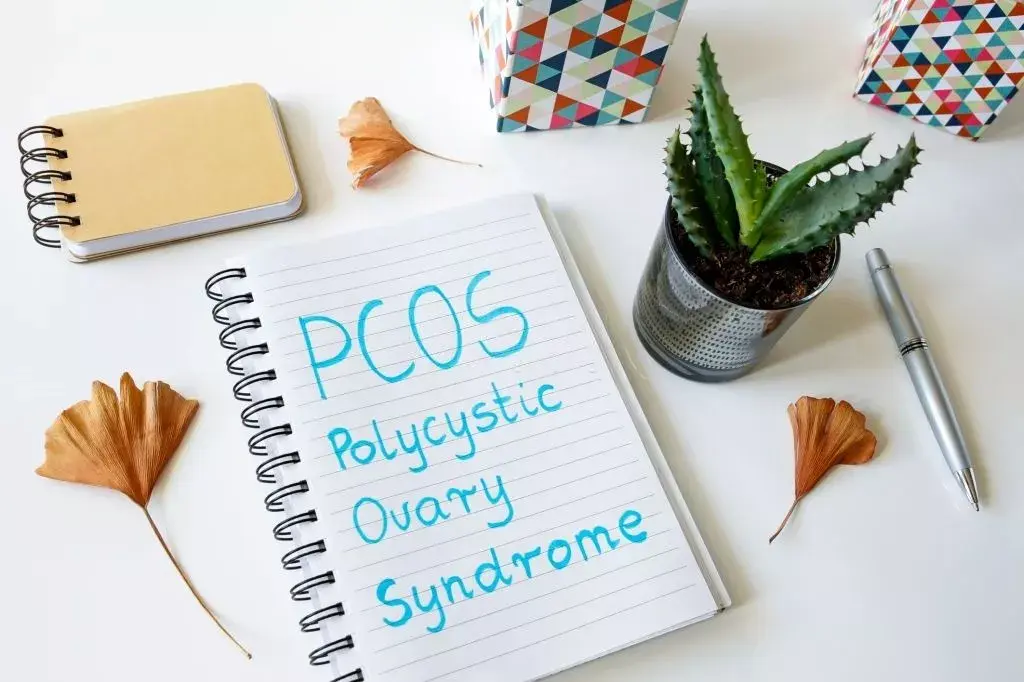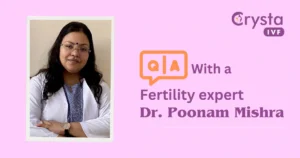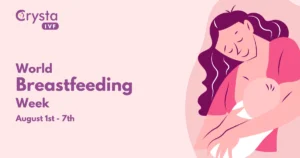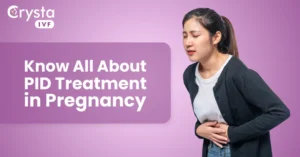HOW TO GET PREGNANT WITH PCOS?
Before knowing how to conceive with PCOS? It would be better to understand Polycystic Ovarian Syndrome thoroughly so that infertility treatment can be managed properly. Here, we are briefing PCOS to find out more.
What is Polycystic Ovarian Syndrome (PCOS)?
Every couple wants to complete their families and wishes to enjoy parenthood as well. Still, this blessing does not come easily due to some unavoidable issues in conception, like unexplained or known infertility (male or female), problems with the Fallopian tube, recurring miscarriage, and multiple cysts present inside the ovary over-age, and many more.
PCOS is mainly an infertility-related hormonal disorder among females, which has been known since 1935. It was earlier called Stein-Leventhal syndrome.
PCOS can be characterized as a cluster of symptoms that can impact fertility, metabolism, psychological, or mental health.
Diagnosis of PCOS:
Some of the main features that are helpful in the diagnosis of PCOS are:
- Irregular ovulation or periods, between the age group of 15-30 (childbearing age)
- High androgen levels (male hormones)
- Excessive body hair (especially facial hair)
- Multiple ovarian cysts in an ultrasound report
Polycystic Ovarian Syndrome may become a serious disorder if misdiagnosed or left untreated. In particular, untreatable infertility, complications in conceiving, and frequent miscarriages, including weight gain (obesity), male pattern baldness, diabetes, and other severe health problems, can occur in the future.
How to conceive with PCOS?
In reality, it is not easy to enjoy motherhood with PCOS. It could take a longer time to get pregnant if someone has been suffering from PCOS. But now, it is possible to conceive quickly with the help of some medication or advanced fertility treatments available, including IVF and surrogacy.
We are compiling some of the right treatments to survive pregnancy with PCOS:
Medication:
Firstly, any woman affected by PCOS needs to ovulate regularly. Therefore, doctors mostly offer some medications and some hormonal treatments, including a combination of LH & FSH hormones in an injectable form or anti-estrogen hormones orally. This specific medication treatment acts in different ways. It improves fertility and metabolism, balances the hormonal level by controlling the excess secretion of androgen hormone (male hormone), induces ovulation, restores the normal menstrual cycle, and works in many more specific ways.
Many fertility hospitals in Hyderabad and some clinics are giving infertility treatments. Among these, Crysta IVF is the best fertility centre in Hyderabad, which provides a wholesome solution to combat PCOS-related issues and infertility and offers high-quality IVF treatment at an affordable price.
IVF Treatment:
“In Vitro Fertilization (IVF)” or “Test Tube Baby (a non-medical term)” is a widely known assisted technology that helps in the fertilization of an egg (outside the uterus), developing an embryo in vitro (in a petri dish). Lastly, this developed embryo is implanted inside the uterus to get pregnant. It is a combined therapy of certain procedures and medicines.
IVF technology can make childbirth possible in PCOS-like conditions and also in such cases where the chance of conceiving seems almost impossible. In this regard, Crysta IVF, the best IVF centre in Hyderabad, provides the finest IVF treatment. The IVF Centre is well-equipped with the most recent technology. The best counseling sessions are provided throughout the treatment and individualized plans, all under the supervision and guidance of a highly experienced team of doctors.
Surrogacy:
Sometimes it is hard to define the family. It may include people who are not related to you genetically, like your other relatives, parents, and siblings, but they are close to you in some way and become a part of the family. Interestingly, surrogacy shares the same type of family bond.
It is simply a sort of legal agreement. A chosen gestational carrier woman (surrogate woman) carries the whole nine-month pregnancy for any intended couple or a person who wishes to have a baby or needs a complete family.
Many reasons could exist behind choosing surrogacy, such as:
- Infertility in couples: (female/male).
- Single parent: (male or female)
- Same-sex couple: they use a surrogate because they can’t conceive.
- A woman who cannot conceive due to some physical issue or facing any chronic medical issue has crossed the childbearing age, cannot carry the baby full-term, has a congenital uterine abnormality, hysterectomy, etc.
- Previous trauma: Some women have experienced a difficult roller coaster ride due to a previous pregnancy, a long list of medications, emotional and physical trauma that occurred during previous childbirth, or both. Thus, such conditions push them to opt for surrogacy if they are more interested in extending their family.
- Adoption: When adopting does not seem suitable,
- In some cases, surrogacy becomes an option for personal reasons.
Apart from the above treatments, yoga, exercise, a healthy lifestyle, and a well-balanced diet also play an important role in getting pregnant with PCOS, just as in normal pregnancy cases, as ever.




